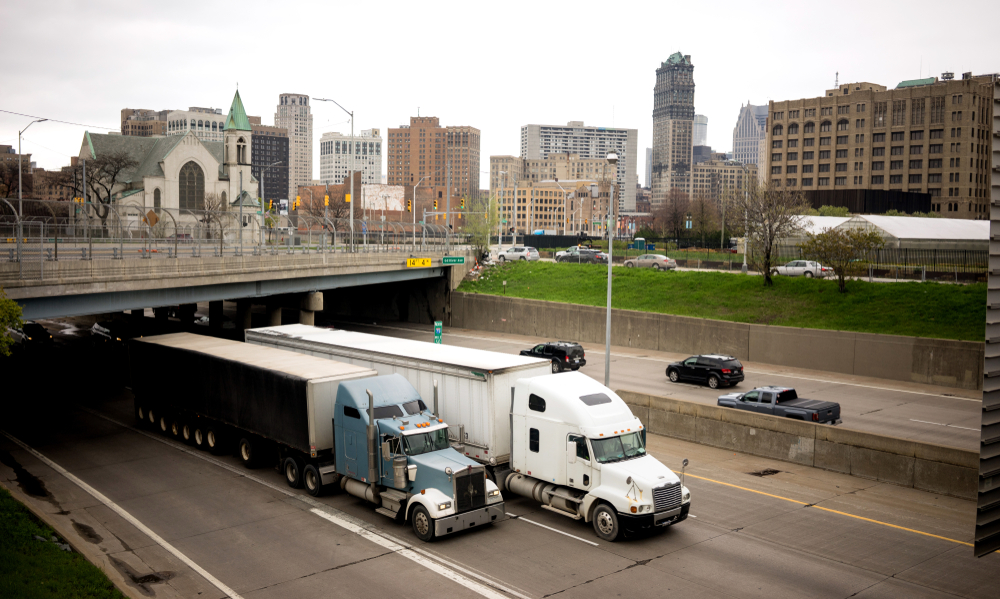
As it becomes apparent the limitations of the electrical grid prevent powering millions of passenger vehicles and heavy-duty trucks, freight carriers are looking for alternatives to meet growing zero-emissions regulations. Private-sector organizations are working diligently to develop a “Southwest Clean Freight Corridor” designed to accommodate hydrogen rigs.
New hydrogen trucks are able to travel more than 600 miles and recharge in approximately 15 minutes. Battery electric semis travel far fewer miles and take more than an hour to recharge.
The corridor would stretch from the Port of Los Angeles to West Texas. If successful, the route would possess enough hydrogen charging stations to meet rising emissions rules being placed on Class 8 vehicles. New Mexico-based Libertad Power recently announced a partnership with Hyundai Motor Co. and Diesel Direct to build the infrastructure needed to create a Southwest Clean Freight Corridor.
“Our goal is to be in commercial operation by 2025. We’d be looking at producing about 20 to 30 tons of hydrogen per day to start. But using electrolyzer technology, we have the advantage of building the plant out in modular fashion, so we’d connect up more capacity as demand for product grows,” Libertad Power managing partner Joe Merlino reportedly said.
Libertad Power plans to convert solar and wind energy into truck hydrogen fuel, which largely eliminates the emissions produced from electrical plants that currently rely on natural gas and coal, in some cases. The project would involve building two additional hydrogen plants, one in Hobbs, N.M., and another in Arizona near the California border.
Massachusetts-based Diesel Direct would install hydrogen charging stations along truck routes through four states. The company already operates in 46 states in the mobile fuel niche.
“We provide fuel where, when and how it’s needed for about 35,000 trucks every day. We operate from coast to coast, including the Southwest markets from Los Angeles to Houston and all parts in between,” Diesel Direct president and CEO William McNamara reportedly said. “It will be a significant investment, but we see the Southwest as a great emerging market for hydrogen, with huge opportunities.”
The two entities are reportedly working closely with Hyundai, one of the top five largest automakers in the world. The manufacturer is expected to provide guidance, having built a hydrogen fleet that has logged more than 2.67 million miles across Switzerland. Hyundai’s Class 8 trucks are hitting the 500-mile mark and new models are expected to vastly exceed that threshold.
Heavy-duty trucks have come under fire in California and other states due to higher emissions output than passenger vehicles. The U.S. has more than 105 million passenger vehicles compared to 3.5 truck drivers. If successful, the corridor would support upwards of 12,000 hydrogen-powered 18-wheelers and an additional 8,000 heavy-duty trucks. The project would reduce carbon emissions by 1.5 million tons annually.
Sources: ttnews.com, abqjournal.com, ttnews.com











Leave a Comment